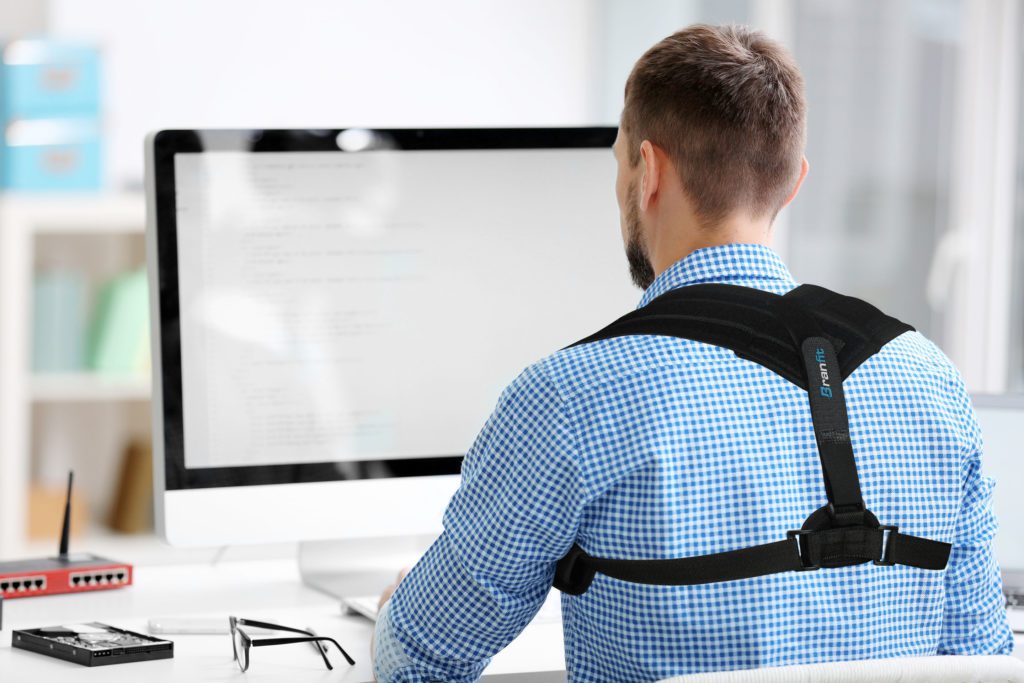– Are posture correctors safe?
Yes, they are, especially for the general population. Senior individuals may need to be more cautious when using correctors; they can tense their backs. I am speaking about elder people with osteoporosis and arthritis- a posture corrector can strain their upper back. But physical therapy can firm their muscles first before the posture corrector.
– Are some posture correctors safer than others? If so, why?
Yes. Some posture correctors for the shoulders or lumbar spine, such as posture-correcting shirts, have been proved ineffective in easing musculoskeletal inflammation.
– Are posture correctors an appropriate treatment for kyphosis? – What is kyphosis?
Kyphosis is a postural problem involving an abnormal spinal curvature at the upper back. Postural correctors may be appropriate mostly for teens with mild or moderate postural kyphosis.
– How can posture correctors help alleviate kyphosis symptoms?
Tools such as back braces help limit the curve from bending. It also mitigates pain around the spine and back muscles.
– Can posture correctors permanently correct kyphosis?
Unfortunately, no. They may only reposition the shoulders to appear normal, but muscles around your upper back will remain weak. It will help if you incorporate other posture correcting techniques, including physical strength training.
– What other kyphosis treatments should people consider? Thank you!l
Strengthening exercises
Gradually engaging in workouts to strengthen your back and neck muscles is great for correcting kyphosis. A back brace may adjust your back, but the symptoms will still come without strong muscles. I recommend seeking professional training to avoid injuries.
Stretches
I recommend stretching activities to ease the tension around the tight muscles of the back and neck. You can hold your left collarbone with the right hand and pull it down as you lean the head back and towards the right side. Hold the stretch for 20-30 seconds, then release.
- FDC – Giejo Magazine Article - July 29, 2023
- MoriMa Tea the – Chinese tea culture - April 26, 2023
- Missionary Position – Least Likely To Bring You To Climax - April 7, 2023






